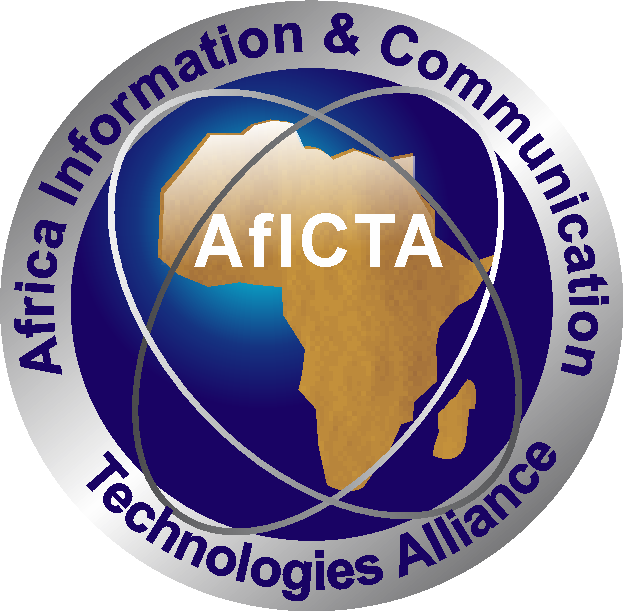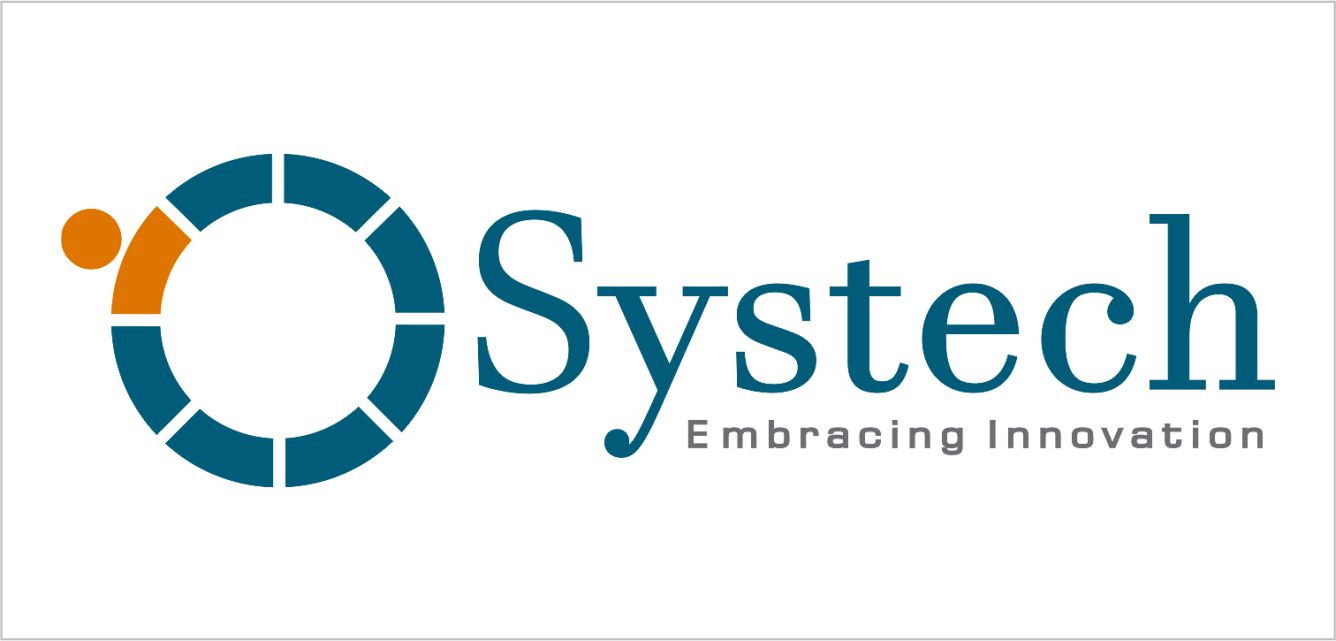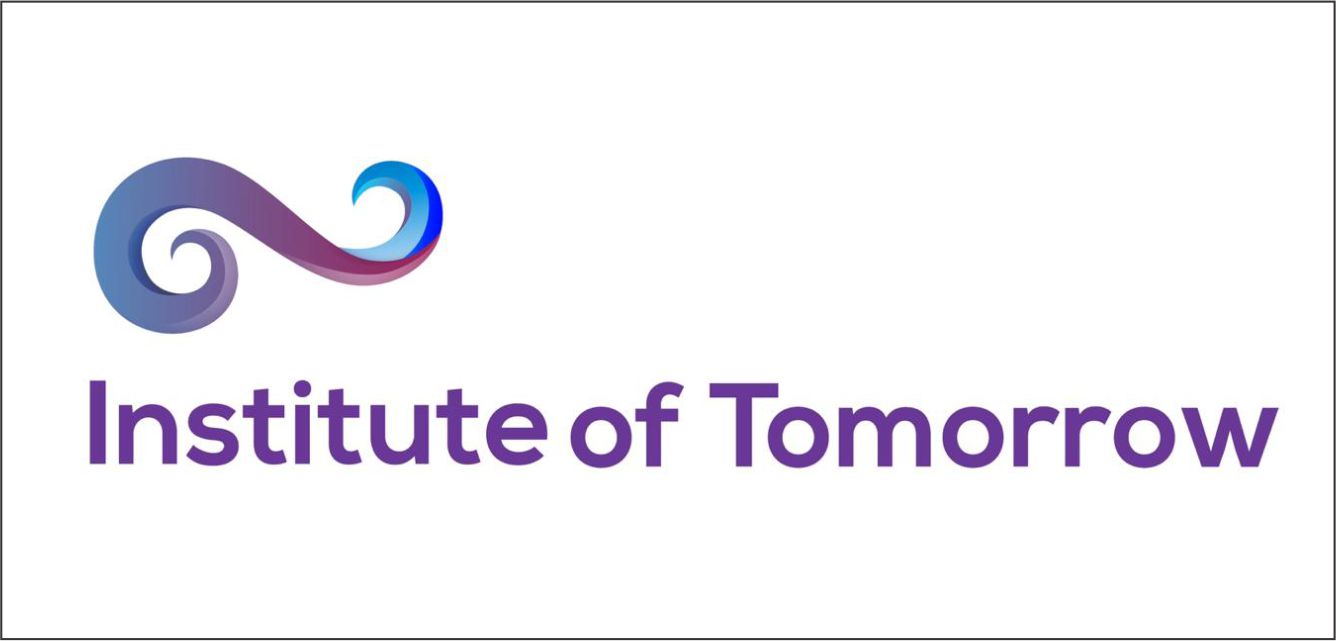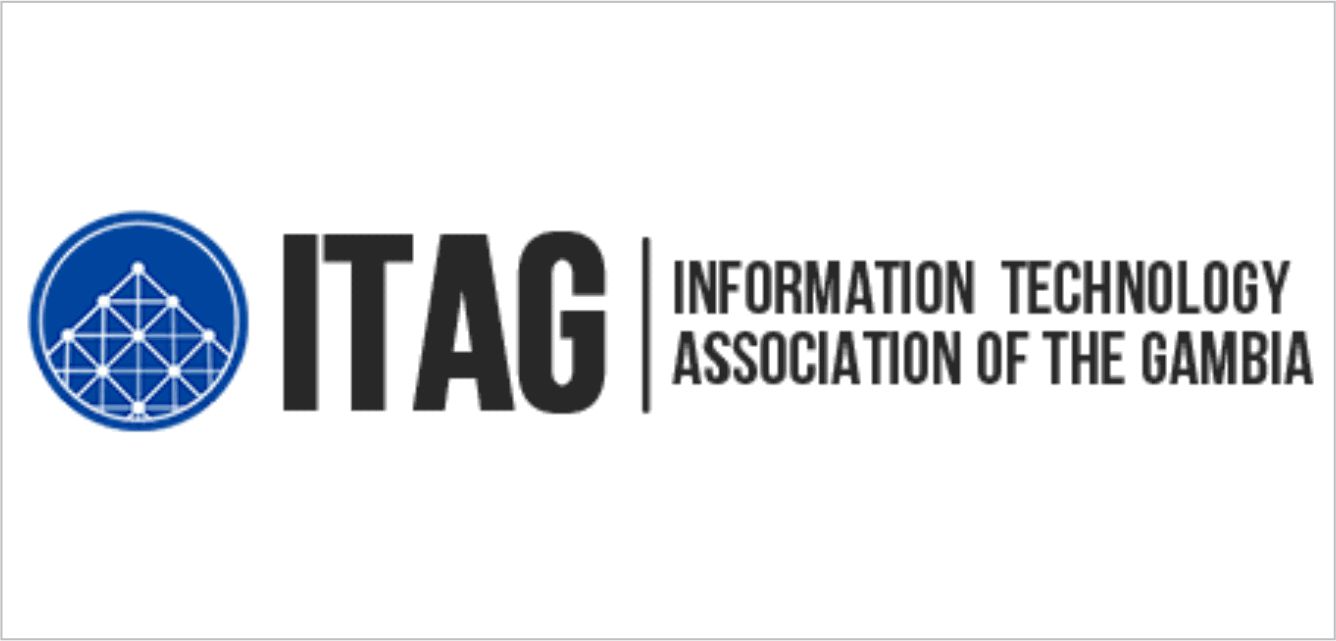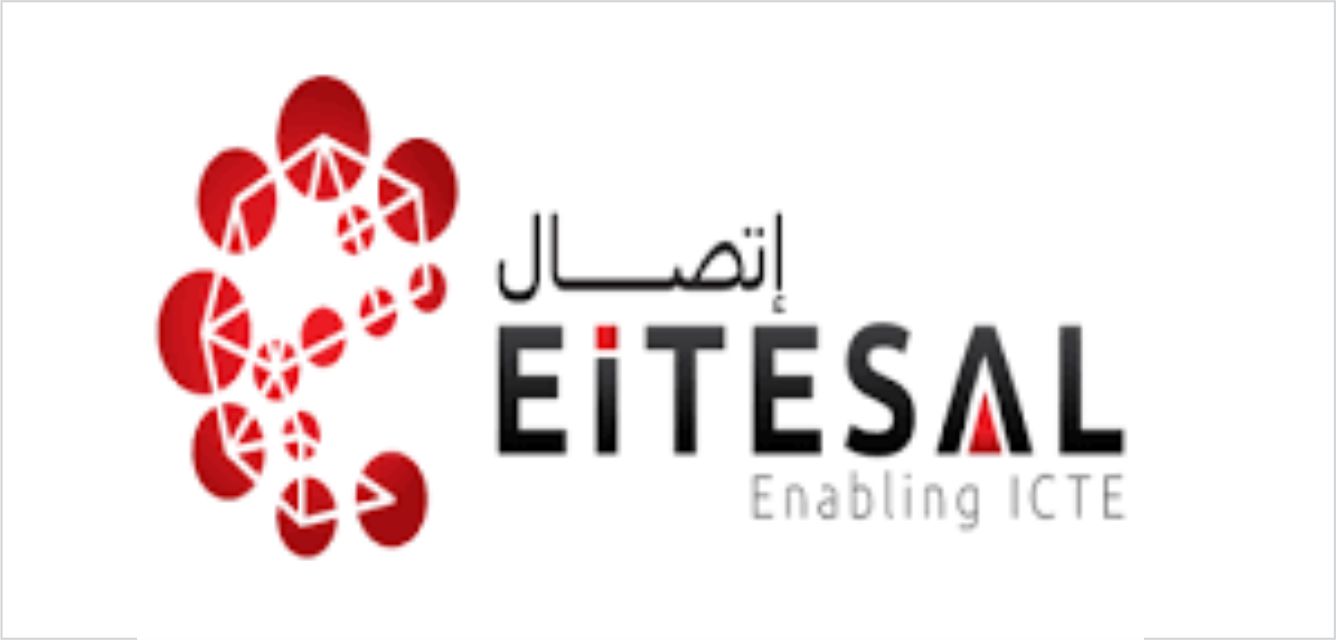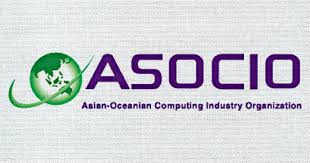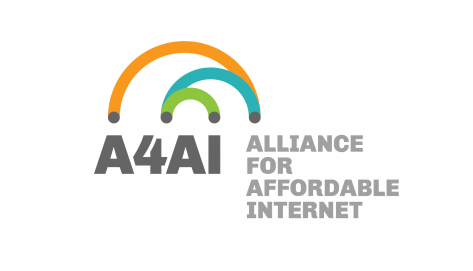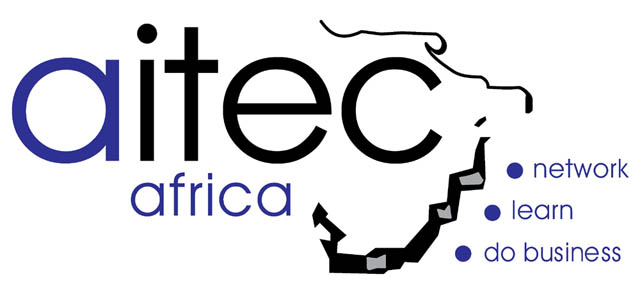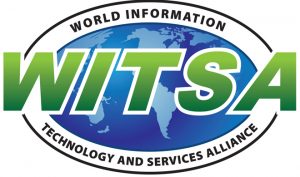'Windhoek Declaration' spells out Africa's ICT challenges
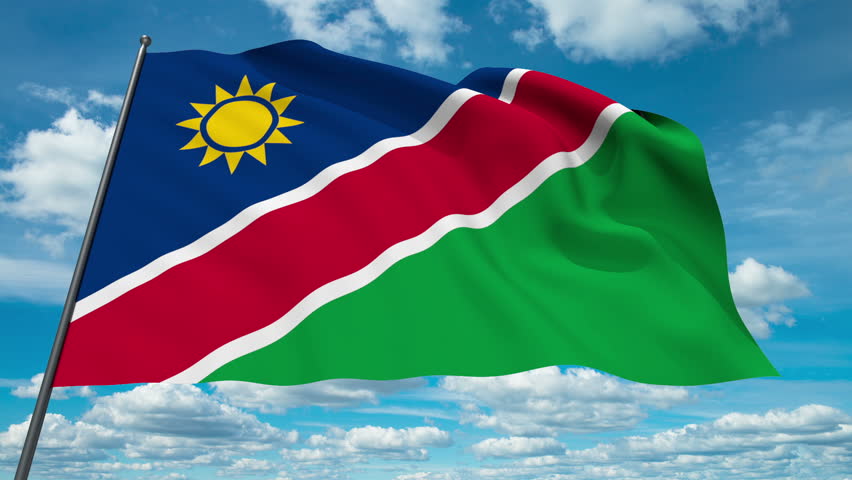 The national ICT policies within many African countries should be reviewed for compliance, IoT presents a new opportunity for job creation, and governments should prioritise visa-free business-to-business regimes.
The national ICT policies within many African countries should be reviewed for compliance, IoT presents a new opportunity for job creation, and governments should prioritise visa-free business-to-business regimes.
These were a few of the key topics discussed at the IoT-focused 4th AfICTA (African ICT Alliance) Summit, held recently in Namibia, hosted by the ICT Professionals' Association of Namibia (ICT-PAN) under the auspices of the Minister of ICT, Namibia.
The Summit has given rise to the 'Windhoek Declaration', officially presented on 21 October 2016, which outlines several intentions or objectives decided upon by delegates and stakeholders at the event.
Paul Rowney, Chair of the Summit Committee in Windhoek, says while the alignment of ICT laws and policies with the United Nations Sustainable Development Goals (SDGs) is what the continent is striving towards, the reality is that laws within many African countries has not kept up with the internet age.
"Our governments and regulators are struggling to bring into place relevant legislation. In many cases our national institutions work in isolation creating restrictive environments that are not conducive to the realisation of the SDGs. Further cyber policies are often absent or misconstrued, ICT policies are outdated, and ICT regulators are driven with a 20th century telecommunications mentality," says Rowney.
The Windhoek Declaration also makes reference to long-term tax holidays for business startups and the need to leverage IoT for job creation in Africa.
It also places emphasis on a visa-free regime for business-to-business, with a call to African governments to "remove all forms of barriers to free flow of people and investment resources across the region" and set up a visa on arrival service as an interim measure.
"One of the big challenges that the ICT industry faces is the free movement of professionals across the continent. It is often easier for a non-Africa resident to apply for- and be granted a travel visa than it is an African resident. Also our visa regimes often favour tourism over business and trade, even within some of our regional trade blocks. The AU passport if implemented could ease such challenges, but until such time as our leaders realise that the free movement of skilled professionals across the continent will not only promote job creation, and in particular youth employment, it will also enhance the contents global competitiveness," said Rowney.
AfICTA Chairman Dr Jimson Olufuye said long-term tax holidays for business startups is a viable proposition in Africa to grow entrepreneurship and reduce unemployment.
He added that the Universal Service Fund (USF), where available, should be used to fast-track the realisation of these goals.
